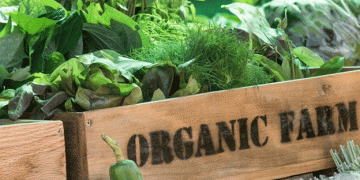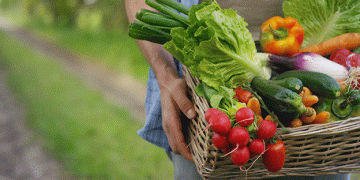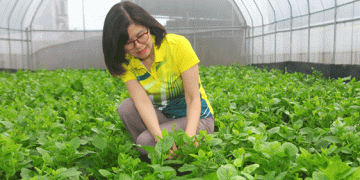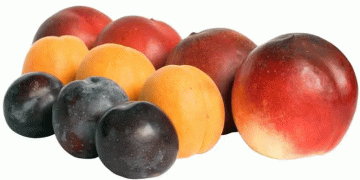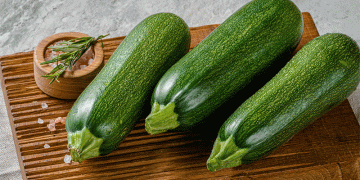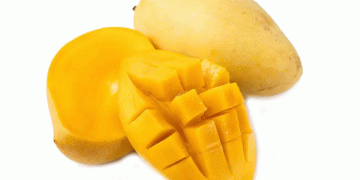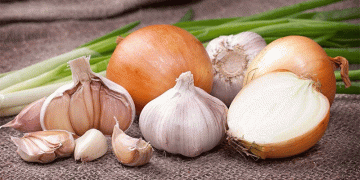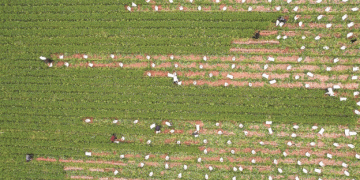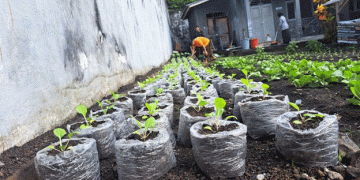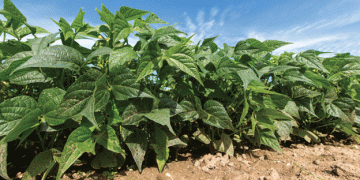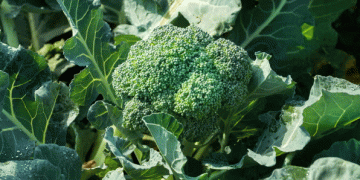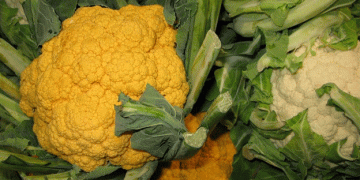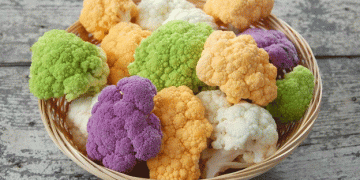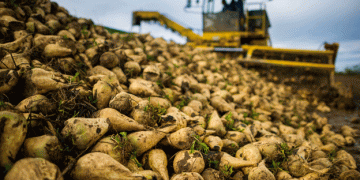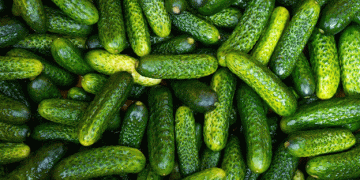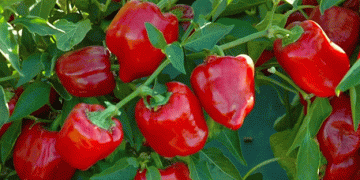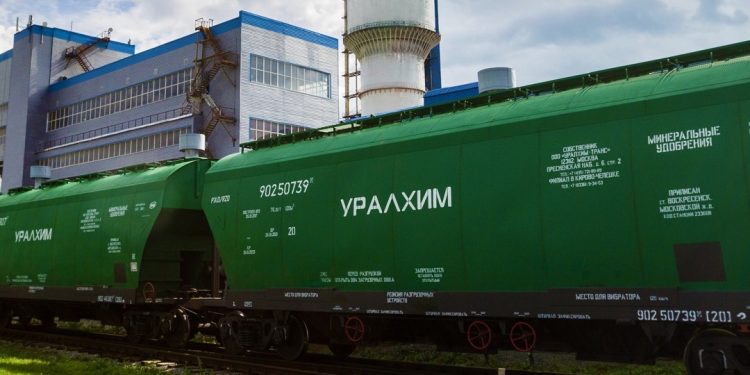In the first eight months of 2022, the output of mineral fertilizers in Russia decreased by 2.5% compared to the same period last year, the Telegram channel of the Gazprombank Economic Forecasting Center reports, citing Rosstat data adjusted for the calculations of market participants. At the same time, production was still more than in 2019 and 2020 by 10.5% and 4%, respectively. In January-August 2022, the output of potash fertilizers decreased the most – by 25.1%, nitrogen fertilizers also fell by 6.3%, while the production of urea increased by 6.1%, and ammonium nitrate — by 10.1%. Fertilizer exports as a whole fell by 11%, the main drop was in ammonium nitrate (almost 50%), potassium chloride (by 24.8%) and CAS (by 32.2%). This is due to a decrease in demand in Europe and logistical difficulties, despite the fact that there is no direct ban on the purchase of mineral fertilizers from Russia.
According to Kommersant’s interlocutors, by the summer, key Russian producers of phosphorus-containing and nitrogen fertilizers had adapted to the restrictions and increased supplies to alternative markets: Phosagro, for example, significantly reduced supplies to Europe, but increased exports to India by 2.5 times. Eurochem also redirected products from the markets where there were obstacles to other regions. The biggest problems arose at Uralchem due to the shutdown of the Tolyatti-Odessa ammonia pipeline, as well as Uralkali, whose exports by mid—summer decreased by 25-30% after the blocking of transshipment terminals owned by the company in the Baltic States, the newspaper writes.
In the next six months, the sector will have to face an increase in the financial burden: an export duty on fertilizers is expected to be imposed if the world prices of phosphorus and nitrogen fertilizers exceed $500/ton, potash — $400/ton. In addition, gas prices for Russian industrial consumers are expected to index by 8.5% in December. According to Kommersant, at the beginning of August, world prices for mineral fertilizers remained at high levels: thus, diammonium phosphate with shipment in the Baltic cost $832/t, potassium — $660/t, urea — $581/t. In 2023, the draft budget includes the withdrawal of more than 100 billion rubles from chemical companies in the form of duties.
Executive Director of the Russian Association of Fertilizer Producers (RAPU) Maxim Kuznetsov says that the domestic market is a constant priority for the Russian mineral fertilizers industry. According to him, over the past seven years, farmers have doubled purchases of mineral fertilizers to 5 million tons of mineral fertilizers last year. By 2030, the Ministry of Agriculture predicts an increase in this figure to 8.8 million tons. “The production of the main types of mineral fertilizers in Russia is growing: by more than 30% over the past seven years, including by 5.6% in 2021,” he adds. In addition, according to Kuznetsov, in the first eight months of 2022, the production of the most popular fertilizers in Russia – nitrogen and phosphorus — increased by 4.2% and 2%, respectively. And the overall dynamics in the industry, as follows from Rosstat data, is constrained by a drop in the production of potassium chloride — the least consumed type of fertilizers on the domestic market, explains Kuznetsov.
“Against this background, it is quite expected that this year the pace of purchases of mineral fertilizers in the agro-industrial complex will exceed the forecast. By mid-October, the industry’s enterprises had almost 100% met the demand of the Russian agro-industrial complex for mineral fertilizers for the whole of 2022. Advance deliveries of mineral fertilizers for the spring sowing campaign of 2023 have already begun in a number of regions,” Kuznetsov commented to Agroinvestor. According to him, now, in accordance with the recommendations of the FAS, agreed with the Ministry of Industry and Trade, the Ministry of Agriculture and the Ministry of Economic Development, marginal prices for mineral fertilizers for agriculture are fixed in the manufacturers’ trade policies and posted on their official websites. The recommendations agreed by the departments provide for a phased indexation of marginal prices in 2022: by 5% from June 1, by 5-10% from September 1 and by 8.4-8.6% from December 1.
According to Dmitry Rylko, Director General of the Institute of Agricultural Market Conjuncture, it is not worth counting on an increase in domestic consumption of mineral fertilizers: the profitability of the crop business has decreased quite a lot, while fertilizer prices not only remain at high levels, but are growing in a number of positions. Also, revolutionary changes will not occur in export directions, since all markets have already been formed, although a limited reorientation of supplies is still underway, he told Agroinvestor.
Vice-president of the Russian Grain Union (RZS) Alexander Korbut believes that there are countries that want to increase the purchase of fertilizers, but the question is that “they also have to have money.” Russian manufacturers will be able to enter new markets, but it takes time. In the meantime, informal sanctions are in effect and have a negative impact on supplies to traditional buyer countries, he notes.
According to Korbut, there are prospects for global growth in the consumption of fertilizers: large harvests are needed, and in conditions of limited land and water resources, the world is unlikely to be able to do without mineral fertilizers in the coming decades, despite the environmental policies of some countries that adhere to the idea of limiting their use. The growth of fertilizer consumption is also possible in Russia, but the use of modern mineral fertilizers is determined by the technological level of farms, and this requires innovations that are determined by investments, which, in turn, depend on income. “And the current state policy regarding crop production, primarily grain and oilseed producers, with restrictions on exports and incomes of agricultural producers, does not really stimulate them to technological development,” Korbut commented to Agroinvestor.
Alexander Nezhenets, General Director of the Progress agrofirm (Krasnodar Territory), says that the cost of some types of fertilizers has increased significantly. In particular, ammophos now costs 61.5 thousand rubles/ton (in 2021, the company bought it for two seasons more than twice cheaper), and nitrogen fertilizers have risen in price by about 20%, while CAS for October simply could not be ordered. But despite all the difficulties, he continues, Progress will increase the application of fertilizers, as the company strives for large harvests.
Tver Agro-Industrial Company has not yet purchased fertilizers: last year, everyone made purchases in the fall, as a result of which there was a rush, and some types of fertilizers were simply impossible to purchase, while in the spring such problems were no longer observed. “The volume of application depends on what we will do with the sowing: with current grain prices, we probably will not carry out spring sowing. Then, accordingly, fertilizers are not needed,” Konanykhin concluded.
A source: https://www.agroinvestor.ru/














